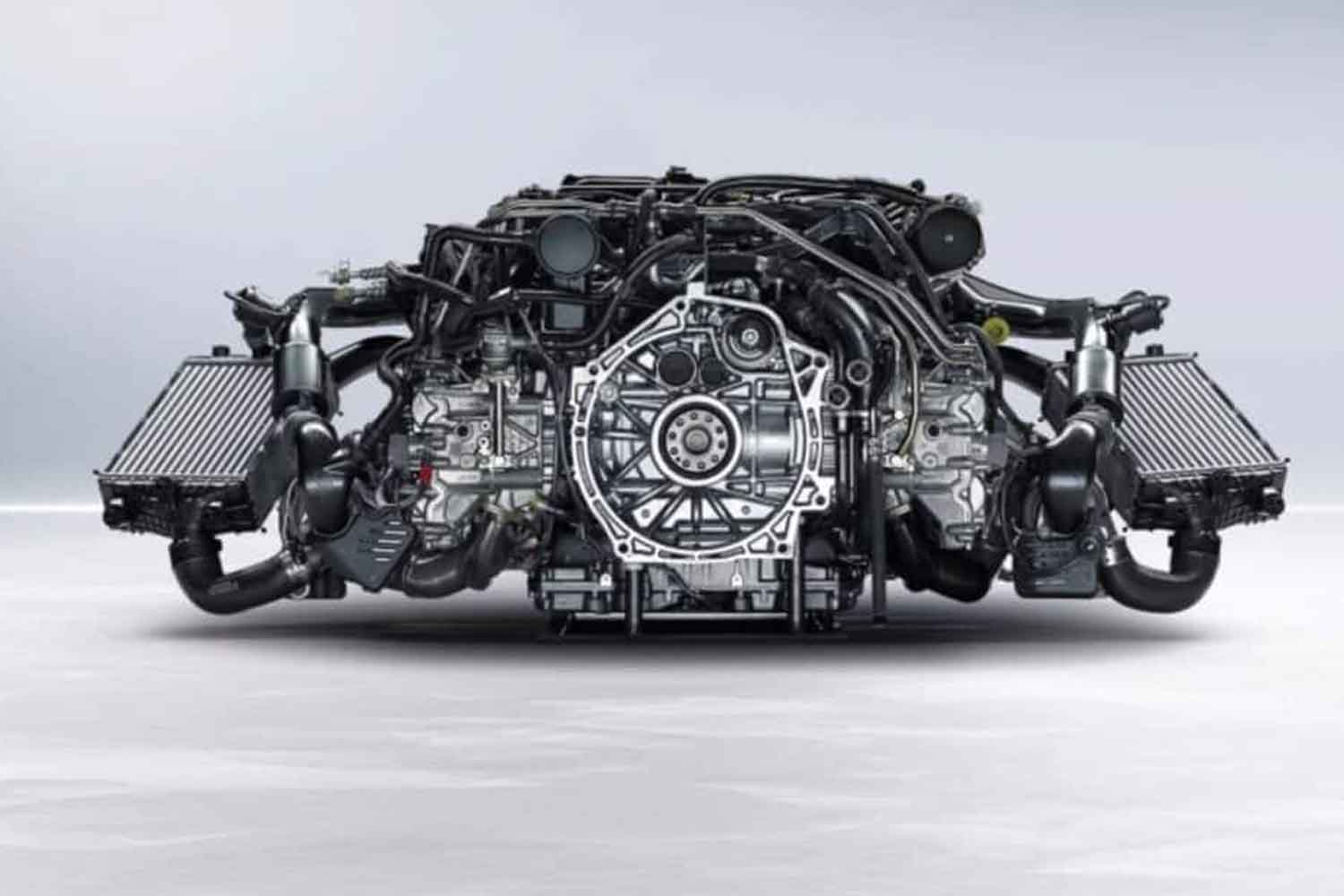While the automotive industry is moving towards electric and hydrogen, Porsche is changing the rules of the game with a six-stroke combustion engine: more efficient, radically different, and ready for the road

©Porsche
In an era when the automotive industry speaks almost exclusively in the language of electric power and hydrogen promises, Porsche has chosen a completely different path. And it’s a bold one: unveiling a six-stroke internal combustion engine — an absolute first for the industry. This is not just a concept for a motor show, but a real, ready-for-the-road technology. The German automaker is not following trends but reopening the conversation about combustion engines with a radical project that overturns the traditional four-stroke cycle and introduces a new idea for thermal engines.
Porsche’s six-stroke engine is not an upgrade but a complete rewrite of the rules. The operating cycle changes entirely: instead of the usual intake-compression-combustion-exhaust sequence, it now features intake, compression, combustion, compression, combustion, and exhaust. That means two compression and two expansion phases per cycle.
The result? More torque, more power, and greater thermal efficiency. According to the data released, efficiency reaches between 45% and 50%, compared to about 30% typical for a four-stroke engine. That’s a difference that can’t be ignored.
The secret lies in the internal mechanics: the crankshaft abandons the classic up-and-down motion for two concentric trajectories, enabled by a system of planetary gears. The pistons, in turn, move with two top dead centers and two bottom dead centers, dynamically varying the compression ratio. This system extracts more energy from the air-fuel mixture with more frequent combustions and higher yield.
Combustion engine yes, but within environmental limits
If talking about internal combustion engines today sounds outdated, Porsche is not pretending otherwise: the new engine is designed to meet current environmental standards. Official project documents are clear: energy efficiency is a cornerstone of the six-stroke engine.
This is not the first attempt to build such an engine. Prototypes like Bruce Crower’s (which used steam injections) or the Bear Head dual-piston engine tried to bring six-stroke technology to the road. None truly succeeded. Porsche, with over a century of experience, has found a way to make the concept work effectively.
This is not just a more efficient engine, but a concrete alternative to hydrogen vehicles and hybrid models. In some tests, this engine has outperformed both in thermal efficiency.
While the electric car world continues to dominate the conversation, Porsche chooses to reopen the debate. The message is clear: combustion is not dead — it can evolve and coexist with environmental concerns.
Of course, there are suspicions. Some speculate this could be just a defensive patent, a way to block competitors’ moves. Porsche has yet to announce if or when we’ll see a production model equipped with this engine. But the fact that it’s already being tested on the road is enough to reignite interest, especially among those who refuse to accept full electric approval.
The Porsche six-stroke engine doesn’t just promise performance — it offers an alternative. And it does so starting from a simple, almost forgotten idea: rethinking mechanics to do better without discarding everything that already works.
Porsche changes the car narrative
While public policies and market trends push toward electric or hydrogen solutions, Porsche breaks the chorus and puts mechanical innovation back at the center. The new six-stroke engine is not nostalgia; it’s a serious attempt to update the combustion engine for the present, with figures that can compete.
Will it be enough to convince those focused solely on electric vehicles? Hard to say. But the fact remains that a company like Porsche has decided to invest time and resources not just to improve but to fundamentally rethink the engine. And in an industry that often just follows the flow, this is newsworthy.
Source: Porsche
